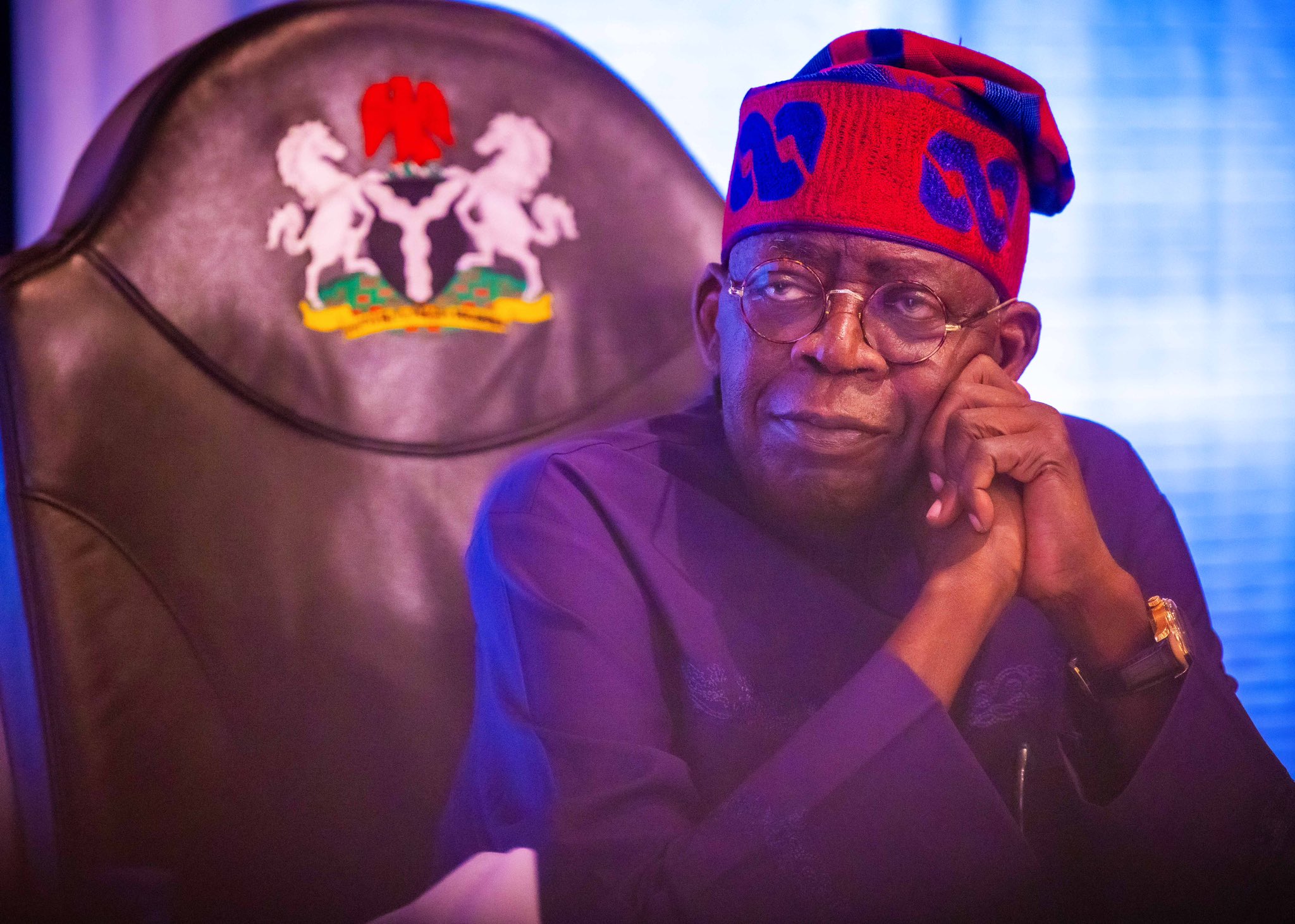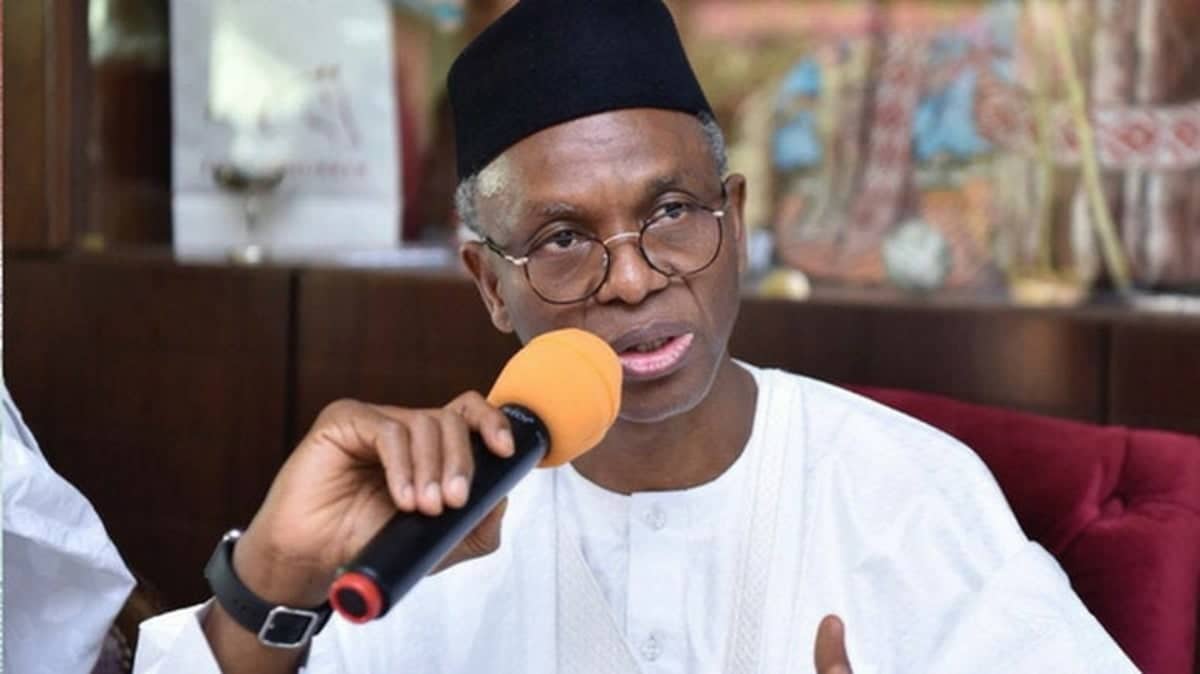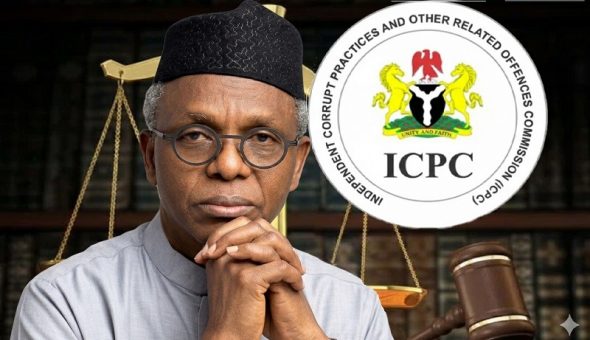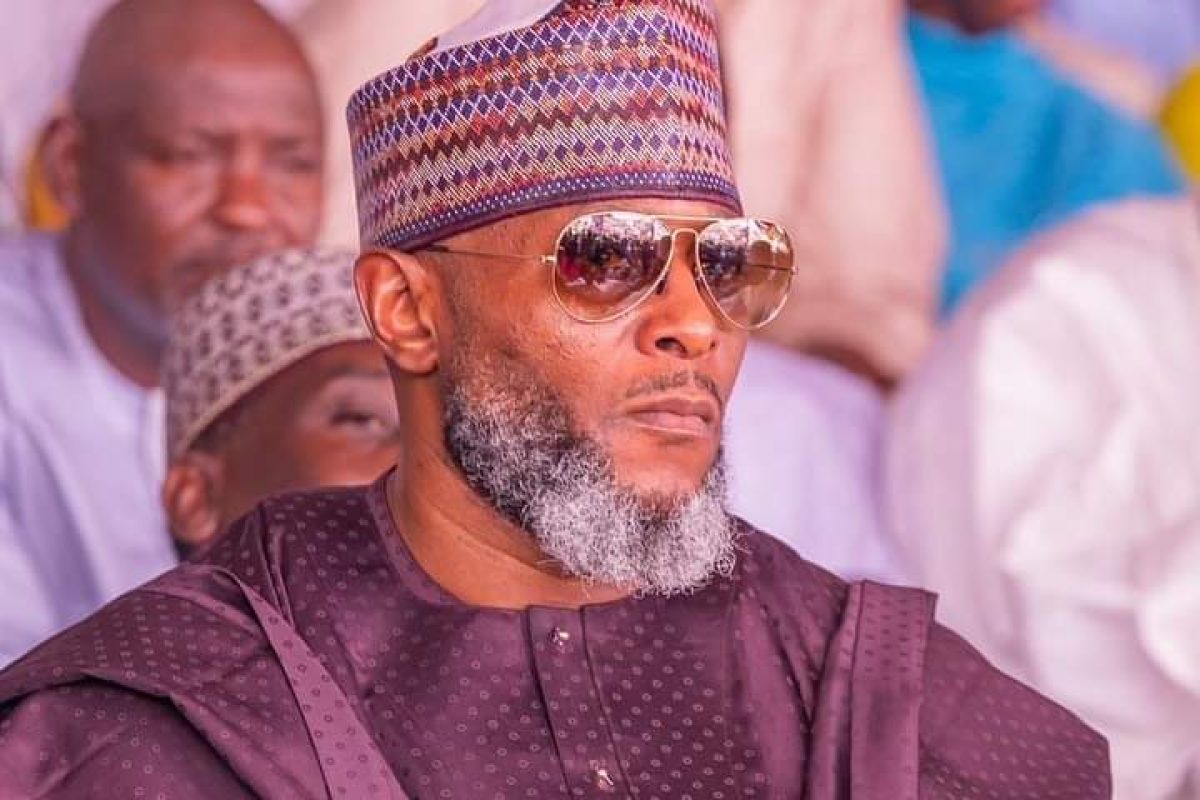Federal Government’s Move to Regulate Social Media Sparks Controversy
Federal Government’s Move to Regulate Social Media Raises Controversy
The Federal Government’s recent effort to regulate social media has stirred controversy as internet users express their determination to resist any attempts to curtail freedom of speech.
The National Broadcasting Commission (NBC) submitted a bill to the National Assembly on October 3, which seeks to amend the NBC Act to allow the regulation of social media. The bill, if passed, would grant the NBC authority over social media platforms.
Balarabe Ilelah, the Director-General of NBC, referred to the challenges posed by social media as a “monster” during a meeting with Mohammed Idris, the Minister of Information and National Orientation, following the bill’s submission.
The move has sparked a debate among Nigerians, with some alleging that the government is pressuring social media companies to unduly restrict individuals’ fundamental human rights. Critics argue that the bill is an attempt to limit freedom of expression and individual privacy.
Socio-Economic Rights and Accountability Project (SERAP) has called on the Senate President, Godswill Akpabio, and the Speaker of the House of Representatives, Tajudeen Abbas, to reject the bill, stating that it would criminalize the legitimate exercise of Nigerians’ human rights.
The bill raises concerns about freedom of expression and privacy rights, potentially leading to a digital siege, according to SERAP.
According to a social media influencer, Mathias Atule, “The FG wants to stop criticism. They don’t like when people tell them the truth, especially if you are not their supporter”.
Atule told PulseNets on Saturday that the move would be resisted, stressing that “the same social media was what the present administration used to gain support during the last election, so how come they now want to regulate it?”
“When people like Femi Fani-Kayode, Festus Keyamo were paid to use social media platforms to campaign for the party, they didn’t see the need to silence people at that time. Wait for 2027 and you will see how they will do propaganda on social media just to win an election.
“Nigeria has gone beyond that. If we are practising democracy, then we should practice it to the fullest. This thing won’t work. They don’t want to know the truth but we will keep telling them,” he said.
Meanwhile, another social media user, Monica Adikwu told our correspondent in Abuja that some social media platforms, like Tiktok, have aided moral decadence among children.
“If the regulation is about stopping some of these Tiktok users from posting bad content, I think I will support it.
“These days, everybody wants to trend, so you see people posting nudes all in the name of getting followers. This is wrong. We are Nigerians, we are Africans, we have culture.
“But if the move is to stop criticism, that’s where we will all have problems with the government. Because I don’t understand why some people don’t like criticism. No government and even individuals can grow without constructive criticism.
“The duty of the opposition party is to oppose wrong policies. When you stop them today, what happens when you become the opposition or is there a plan to stop democracy?” He queried.
In the past, similar attempts to regulate social media have faced resistance from the Nigerian public. The government suspended Twitter’s operations in Nigeria on June 4, 2021, but later lifted the suspension on January 12, 2022, following public outcry.
While some argue that regulation may be necessary to address specific issues, others emphasize the importance of constructive criticism and the preservation of freedom of speech in a democratic society.
Osita Okechukwu, the immediate past Director-General of Voice of Nigeria (VON) and a founding member of the ruling All Progressives Congress (APC), expressed optimism that the bill would be rejected. He highlighted the importance of freedom of speech in a democracy and urged the government to consider existing laws to address misuse of social media without infringing on individual liberties.
He said, “Methinks the Cyber Crimes Act and other extant libel laws in statute books can take care of those who abuse the fine concepts of social media.
“I am never in support of draconian bills either by omission or commission that trample on our hard-earned freedom and liberty.
“For democracy cannot exist without freedom of speech, freedom of thought, freedom of expression and freedom of association.
Also Read: Tinubu Calls for Strengthening Nigeria-EU Partnership Based on Democratic Values
“Nigerians should be allowed to enjoy the freedom guaranteed under the 1999 Constitution of the Federal Republic of Nigeria.
“I joined the league of most Nigerians that objected to this obnoxious bill when our then minister of information, Alhaji Lai Mohammed, romanced such ideas.
“From all indications, Nigerians will once reject the bill. Whereas one appeals for restraint by those who abuse social media, one appeals to the promoters of the bill to carefully peruse the Cyber Crimes Act and other extant libel laws.”













